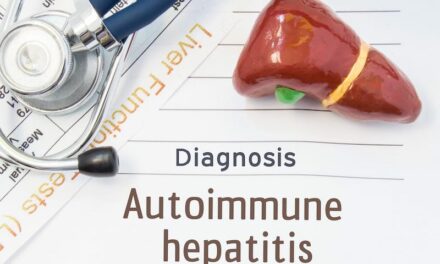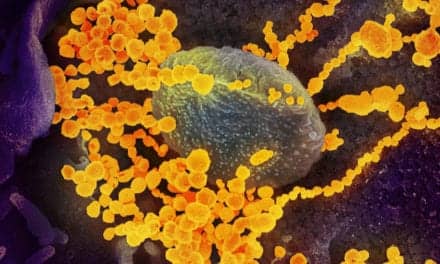Summary: Exagen added seven new biomarkers to its AVISE CTD platform, enhancing diagnostic accuracy for systemic lupus erythematosus (SLE) and rheumatoid arthritis (RA).
Takeaways
- Enhanced Diagnostic Sensitivity: The newly introduced T cell biomarkers improve sensitivity for SLE, with the TC4d biomarker identifying up to 59% of cases where traditional markers fall short.
- Comprehensive Testing Platform: The anti-RA33 autoantibodies provide high specificity (95–99%) for RA and are uniquely sensitive.
- Impactful Patient Outcomes: Early and accurate diagnoses facilitated by the updated AVISE CTD test enable timely treatment, helping to prevent severe complications and improve quality of life for autoimmune patients.
By Andy Lundin
For patients with autoimmune diseases, the road to diagnosis can be a long and winding one. Symptoms often mimic other conditions, and achieving a definitive diagnosis may be challenging, taking an inordinate amount of time.
To address this, Exagen Inc., a provider in autoimmune testing, added seven new biomarkers to its AVISE CTD platform, aimed at improving the diagnostic accuracy for systemic lupus erythematosus (SLE) and rheumatoid arthritis (RA).
Introduced in 2012, the AVISE CTD test is a resource for diagnosing connective tissue diseases (CTDs) such as SLE, RA, Sjögren’s disease, and systemic sclerosis. Exagen’s new biomarkers promise to address the diagnostic hurdles of accurately determining disease states.
Tackling Diagnostic Challenges
“Diagnosing systemic lupus erythematosus (SLE) remains a challenge, particularly in early cases,” says Tyler O’Malley, associate vice president of clinical affairs at Exagen. “Conventional biomarkers like anti-dsDNA and anti-Smith often lack sensitivity, resulting in missed diagnoses. Our novel T cell biomarkers (TC4d, TIgG, TIgM), becoming part of the AVISE CTD platform in January 2025, improve sensitivity and diagnostic confidence, enabling earlier and more accurate identification of SLE patients.”
For rheumatoid arthritis, the inclusion of anti-CarP and anti-RA33 biomarkers IgA, IgG, IgM addresses the challenge of substantiating a seronegative RA diagnosis.
“Anti-RA33 autoantibodies provide high specificity (95–99%) for RA and are uniquely sensitive, found in 16% of seronegative and 32% of seropositive populations,” O’Malley explains. “Using these markers collectively maximizes diagnostic utility, offering a valuable tool for earlier intervention.
Further Reading
The Seven New Biomarkers for Autoimmune Diagnostics
Following are the seven biomarkers being added to the AVISE CTD platform:
- TC4d
- TIgG
- TIgM
- anti-CarP
- anti-RA33 IgA
- anti-RA33 IgG
- anti-RA33 IgM
Benefits for Clinicians and Patients
The updated AVISE CTD test consolidates the biomarkers into a single platform, enabling clinicians to obtain comprehensive diagnostic insights without requiring multiple tests.
“By improving the sensitivity and comprehensiveness of testing, the AVISE CTD platform expedites early diagnosis, leading to better outcomes for patients,” O’Malley notes. “Early detection enables timely treatment, preserving mobility and quality of life.”
Pending approval from the New York State Department of Health, the enhanced AVISE CTD platform is expected to launch in early 2025.
Andy Lundin is CLP’s associate editor.





